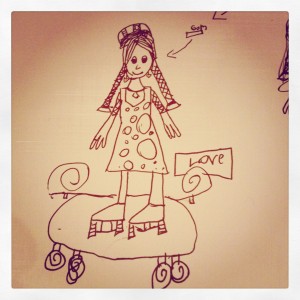
After spending a scary and intense four days in the hospital with my son (emergency appendectomy), and following a week of deeply emotional book stuff (which I blogged about here), and in anticipation of summer vacation during which both my personal and work time are severely curtailed, I declared last week to be AMBER WEEK.
What, you ask, does Amber Week mean?
It means that each day I asked myself, “What do I want to do?”
The sad truth is that often for busy people, especially busy moms, we so rarely ask this question that when it is posed, coming up with an answer can be downright flummoxing. I always have a to-do list a mile long, and my kids always have needs. Why bother with the question when what I want is often the bottom of the pile priority-wise?
During Amber Week, I kept asking the question. Sometimes finding an answer came easy. Yes, I want to go to yoga with Liz! Yes, I want to go for a run in the forest! Yes, I want to have someone else clean my house for a change! Yes, I want to take a nap!
Sometimes the answer was harder to find. Would it feel better to go for a run or pull weeds in the garden? Do I want to knock off the things that have been on my list for four months or go pick strawberries? It was interesting to prioritize with my own satisfaction in mind rather than a deadline or pleasing someone else or dousing the fire burning most furiously.
Often–to my great satisfaction–I found that I wanted to work, which right now means editing essays for THE V-WORD. How lucky is that? My work as a writer is what I want to do most of the time.
It got me thinking about the lesson of Amber Week.
There are always going to be to-do lists, deadlines, and needs to meet. Can I reframe those things in the light of my satisfaction?
I weed my garden not because weeding is so fun but because I want to have yummy vegetables. I drive my kids to soccer four days a week not because I like driving so much but because I want to see the joy on their faces as they bound off the pitch at the end of practice. I want to work on my books not because writing is easy but because the process exhilarates me.
It might not work for everything. (Hard to imagine a way cleaning up kid puke, for example, is satisfying other than that it is gone.) But the lesson of Amber Week is to focus on what feeds my body, my heart, and my spirit. If the task or commitment isn’t fun or doesn’t serve some larger purpose that matters to me, then it has no place in AMBER WEEK.
Or AMBER LIFE, for that matter.
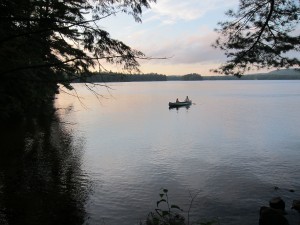

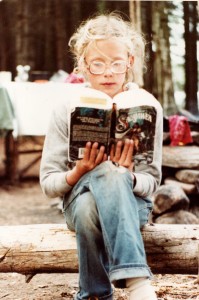
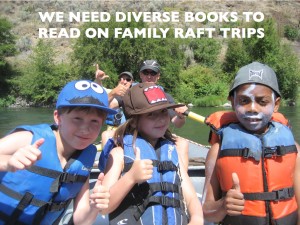
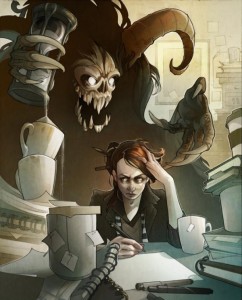
 This book…
This book…
